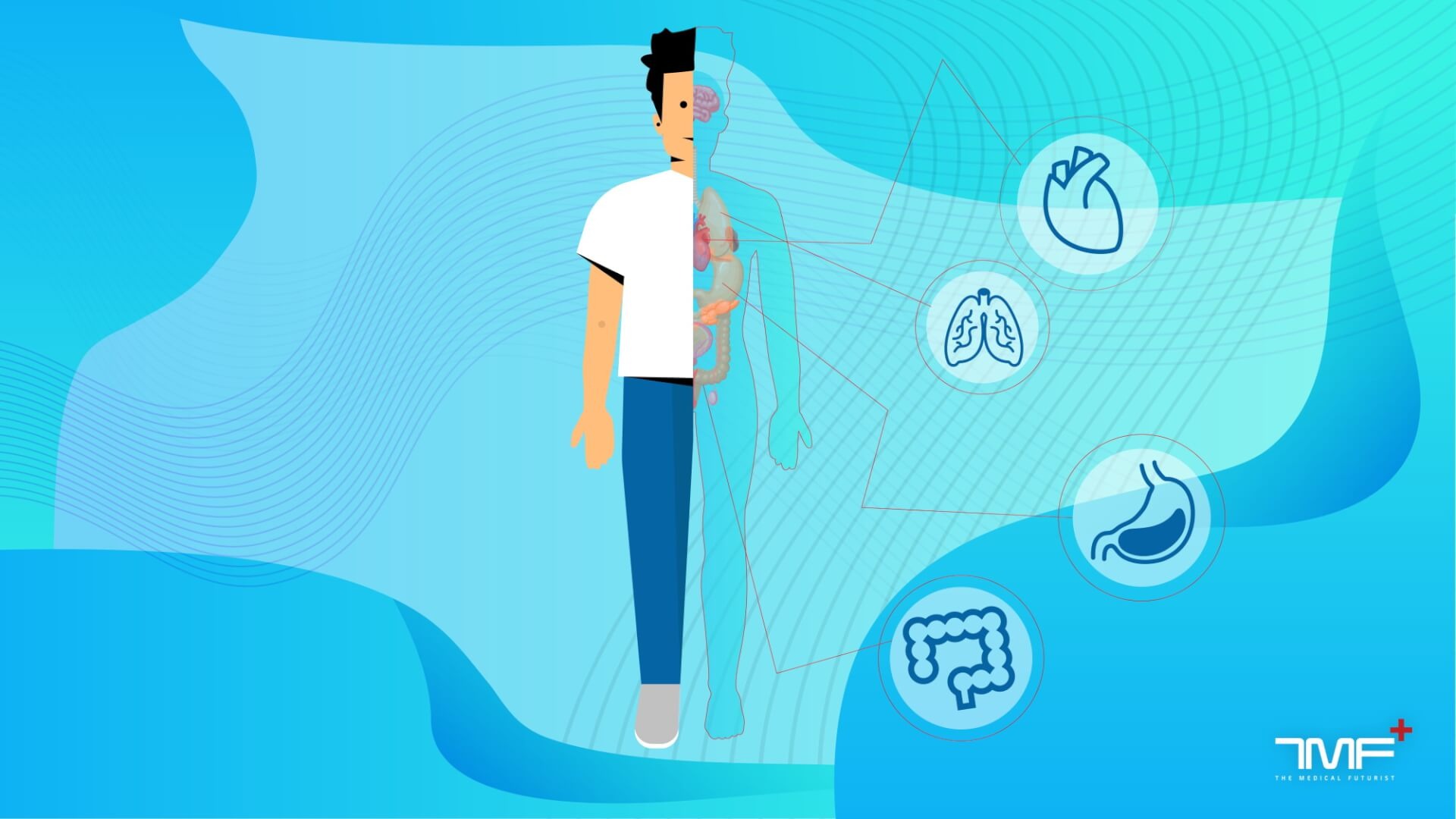
@ShahidNShah


Any hospital, individual, medical device or drug can have digital twins, allowing the safe testing of treatments, process changes and modifications. Now imagine applying this concept to medicine: a virtual representation of the human body and its organs where the effects of drugs can be studied. Imagine a virtual representation of individual people on whom every known drug for that person’s condition can be tried. Siemens Healthineers has a Digital Twin model and Philips has its own version of a virtual heart. This enables them to design digital heart models based on patients’ data with the same parameters of the given patient (size, ejection fraction, muscle contraction). While organizations like the Swedish Digital Twin Consortium push for the idea, we are still far from a completely digitized version of ourselves. The physical object in need of a digital twin, like an engine, is equipped with sensors which relay real-time status information. But we can actually use the digital twin technology today, in real life, to improve existing processes.
“Imagine that in the future, we have a patient with all their organ functions, all their cellular functions, and we are able to simulate this complexity,” explained Benjamin Meder, a cardiologist at Heidelberg University Hospital in Germany who is testing Siemens Healthineers’ digital heart software. The sheer computing power required to run simulations of the human body or even organs can also be intimidating. In order to reach their goal, these companies will need the vital assets which are patients’ data.
Continue reading at medicalfuturist.com
Northwell Health, New York's largest health system, was frustrated with the limited capabilities of its existing occupational and employee health IT, and was forced to develop work-around processes to …
Posted May 26, 2022 Digital Health Artificial Intelligence
Connecting innovation decision makers to authoritative information, institutions, people and insights.
Medigy accurately delivers healthcare and technology information, news and insight from around the world.
Medigy surfaces the world's best crowdsourced health tech offerings with social interactions and peer reviews.
© 2025 Netspective Foundation, Inc. All Rights Reserved.
Built on Apr 17, 2025 at 6:07am